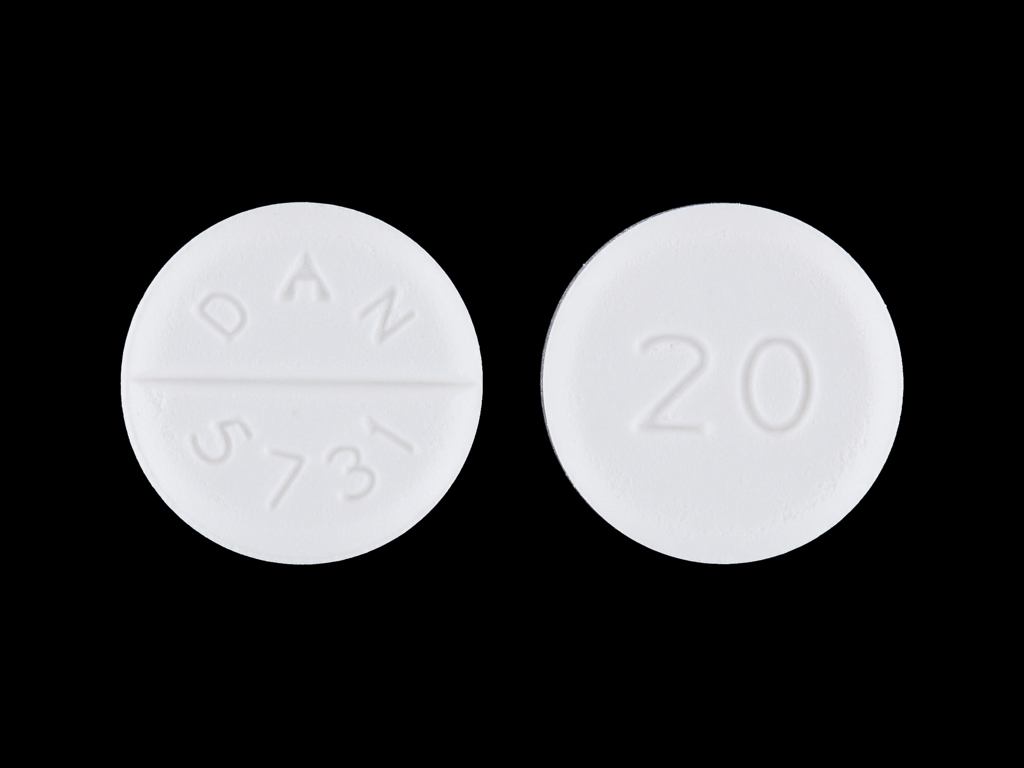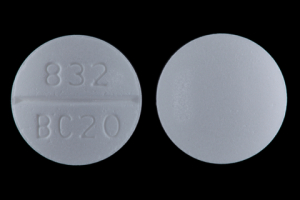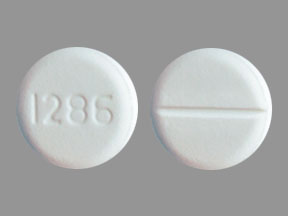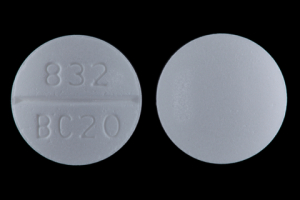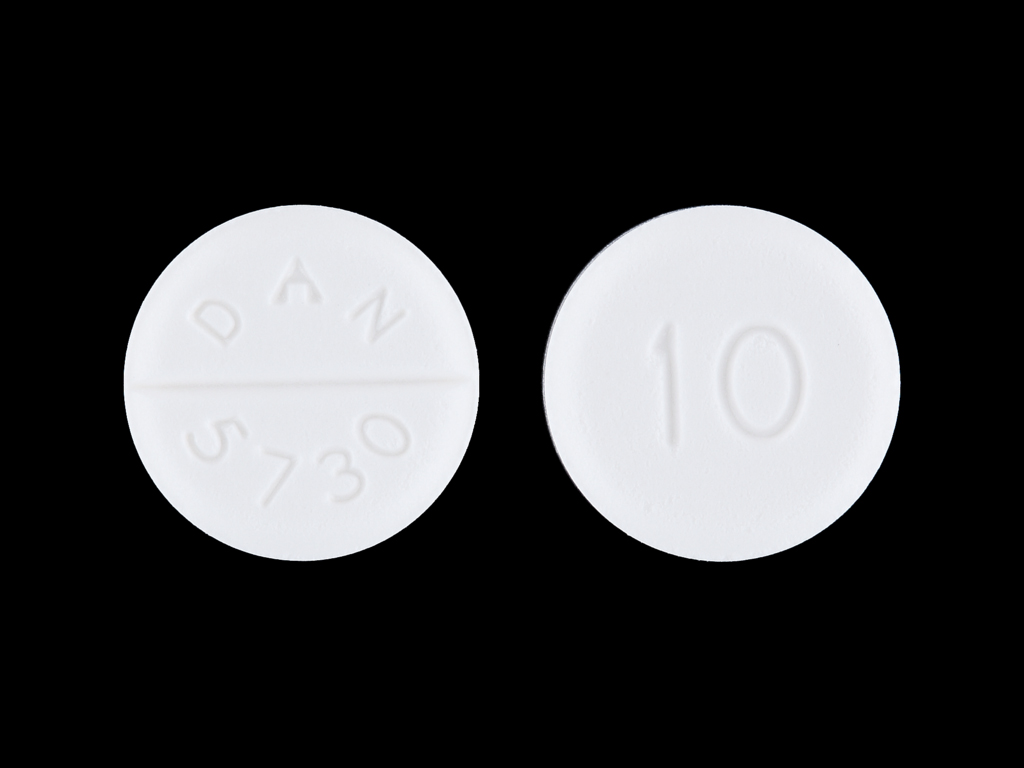Baclofen is a muscle relaxer and an antispasmodic agent.
| Product Name | Price | Shipping | Total | Order |
| Baclofen 20mg — 180 tablets | $209 | free | $209 | Order |
| Baclofen 10mg — 180 tablets | $189 | free | $189 | Order |
| Cyclobenzaprine (Generic Flexeril ) 10mg — 180 tablets | $159 | free | $159 | Order |
| Zanaflex (Generic Tizanidine ) 4mg – 180 — 180 tablets | $156 | free | $156 | Order |
| Generic Robaxin ( Methocarbamol ) 750mg — 180 tablets | $168 | free | $168 | Order |
| Gabapentin 800mg — 180 tablets | $189 | free | $189 | Order |
| Generic Fioricet — 180 tablets | $239 | free | $239 | Order |
All Pharmacies associated with USAhealthstore are licensed to distribute in the states, you can be 100% sure to receive the same quality medication that you get from your local drug stores.

All the doctors and pharmacists are licensed in USA. We have a lot of pharmacies in different States. They are all us licensed pharmacies and never sell controlled substances. We can always arrange you a suitable pharmacy to distribute your orders.
Upon receiving a valid prescription of the product you buy. Our US licensed pharmacies will fill a prescription for a medication that is FDA approved. To assure confidentiality and privacy our US licensed Pharmacy will fill and ship your prescription in a discreet package.
We will send you order ID and tracking ID together within two business days after you placed your orders. But it is beyond our control after I sent you order ID and tracking ID. We verify all new customer orders by your email, address, birthday, and phone number. So new customers may need more days to get your orders ( 7-10 business days). After we have successfully received your first COD order Money orders, We will tell you our returned customer website and all your information will be sent to the pharmacies directly.
As soon as the doctors receive your orders, they begin to work on it. We pay doctor review fee for each prescription. Once the doctor review your orders, they will be sent to the pharmacists. Your health conditions will be sent to both doctors and the pharmacists. So please complete the form very honestly. We will send you tracking ID once your USPS tracking Label is printed. For more information about us, please click here.
Baclofen is used to treat muscle pain, spasms, and stiffness in people with multiple sclerosis or spinal cord injury or disease. Baclofen is given intrathecally (directly into the spinal cord) or orally (by mouth).
Baclofen is a commonly used muscle relaxer for the treatment of muscle spasms. It can be helpful for people with multiple sclerosis or spinal cord problems. Baclofen is available as oral tablets, granules, and liquid solutions.
Why is Baclofen Prescribed?
Baclofen is used to treat pain and certain types of spasticity (muscle stiffness and tightness) from multiple sclerosis, spinal cord injuries, or other spinal cord diseases.
Baclofen is in a class of medications called skeletal muscle relaxants. Baclofen acts on the spinal cord nerves and decreases the number and severity of muscle spasms caused by multiple sclerosis or spinal cord conditions. It also relieves pain and improves muscle movement.
It’s used to relieve muscle spasms, cramping or tightness caused by conditions such as:
- cerebral palsy
- meningitis
- motor neurone disease
- multiple sclerosis
- conditions affecting your brain, spinal cord and nervous system
Baclofen is available on prescription. It comes as tablets or a liquid that you swallow.
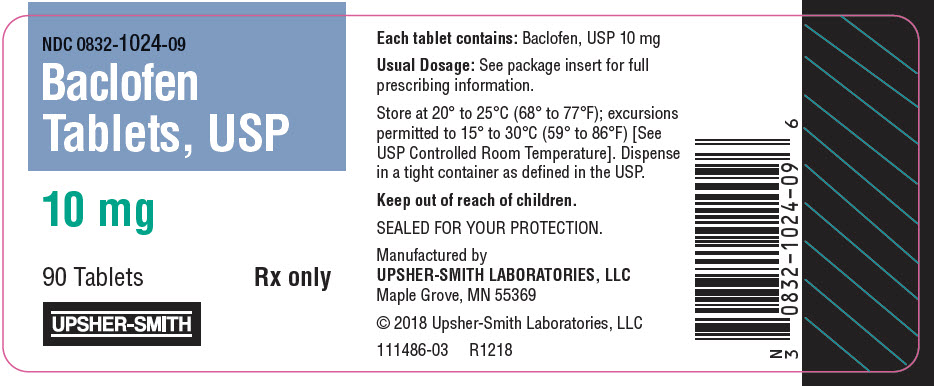
How Should Baclofen be Used?
Baclofen comes as a tablet and a solution (liquid) to take by mouth. It usually is taken 3 times a day at evenly spaced intervals. Follow the directions on your prescription label carefully, and ask your doctor or pharmacist to explain any part you do not understand. Take baclofen exactly as directed. Do not take more or less of it or take it more often than prescribed by your doctor.
Use an oral syringe (measuring device) to accurately measure and take your dose of baclofen solution. Ask your pharmacist for an oral syringe if one is not included with your medication.
Continue to take baclofen even if you feel well. Do not stop taking baclofen without talking to your doctor, especially if you have taken large doses for a long time. Abruptly stopping this medication can cause seizures, fever, confusion, muscle stiffness, or hallucinations. Your doctor probably will want to decrease your dose gradually.
Off-label Uses for Baclofen
- Alcohol Use Disorder (AUD): Baclofen has gained attention for its potential use in treating alcohol dependence. Some studies have suggested that baclofen might reduce cravings and withdrawal symptoms associated with alcohol cessation. However, the use of baclofen for this purpose is controversial, and further research is needed to establish its efficacy and safety.
- Cocaine and Opioid Dependence: Similar to its potential role in treating alcohol dependence, baclofen has been explored for its effects on reducing cravings and withdrawal symptoms in individuals with cocaine and opioid dependence. Again, research in this area is limited, and more studies are necessary.
- Gastroesophageal Reflux Disease (GERD): Baclofen’s muscle relaxant properties may help reduce lower esophageal sphincter pressure, potentially preventing the reflux of stomach contents into the esophagus. Some studies have investigated the use of baclofen as an adjunctive treatment for GERD. One of the most widely postulated mechanisms for the development of reflux symptoms is excess transient lower esophageal sphincter relaxation (TLESR) episodes. These episodes are physiologic processes that allow for venting of gastric gas and act as protection against the accumulation of excess gas in the stomach. TLESRs are vasovagally induced reflexes that are triggered by gastric distention and work via several neurotransmitters and receptors, including the GABAB receptor. Through its GABAB receptor activity, baclofen inhibits TLESRs, and has been shown to significantly inhibit gastroesophageal reflux disease (GERD) episodes in both healthy volunteers and in patients with reflux disease.
- Hiccups: Baclofen has been used to alleviate persistent hiccups in some cases. Its muscle relaxant effects may influence the spasms responsible for hiccups.
- Tourette Syndrome: There is limited evidence suggesting that baclofen may be beneficial in managing symptoms of Tourette syndrome, a neurological disorder characterized by repetitive, involuntary movements and vocalizations (tics).
-
Other off-label uses: There are case reports or small studies describing the off-label use of baclofen for the treatment of several clinical entities, including muscle spasm/musculoskeletal pain, persistent/chronic hiccups, autism spectrum disorders, chronic post-traumatic stress disorder (PTSD), narcolepsy, persistent speech stuttering, post-hemorrhoidectomy pain, trigeminal neuralgia, and low back pain.
COMMON BRANDS
Ozobax, Fleqsuvy, Lyvispah, Lioresal (brand no longer available)
DRUG CLASS
Muscle relaxant
CONTROLLED SUBSTANCE CLASSIFICATION
Not a controlled medication
AVAILABILITY
Prescription only
How baclofen works
Baclofen is a muscle relaxant, but experts aren’t exactly sure how it works. They believe it stops muscle spasms by calming down overactive nerves in the spinal cord.
What is baclofen used for?
- Muscle spasms related to multiple sclerosis and spinal cord injuries
Baclofen dosage forms
- tablet
- 10mg 20mg
Typical dosing for baclofen
The typical dose for adults and children over 12 years old is 5 mg to 20 mg by mouth three times a day. Your provider will usually start with a low dose and change it based on how well the medication works for you and what side effects you experience. You shouldn’t take more than 80 mg in a single day.
Warnings
What Special Precautions Should I Follow?
Before taking baclofen,
- tell your doctor and pharmacist if you are allergic to baclofen, any other medications, or any of the ingredients in baclofen tablets and oral solution. Ask your pharmacist for a list of the ingredients.
- tell your doctor and pharmacist what other prescription and nonprescription medications, vitamins, nutritional supplements, and herbal products you are taking or plan to take. Be sure to mention any of the following: antidepressants, medications for anxiety, medications for mental illness, medications for seizures, sedatives, sleeping pills, or tranquilizers. Your doctor may need to change the doses of your medications or monitor you carefully for side effects.
- tell your doctor if you have or have ever had epilepsy, a stroke, a rheumatic disease, cerebral palsy, Parkinson’s disease, a psychiatric condition such as schizophrenia or a confusional state, or kidney disease.
- tell your doctor if you are pregnant, plan to become pregnant, or are breast-feeding. If you become pregnant while taking baclofen, call your doctor immediately.
- you should know that baclofen may make you drowsy. Do not drive a car or operate machinery until you know how this medication affects you.
- ask your doctor about the safe use of alcoholic beverages while you are taking baclofen. Alcohol can make the side effects from baclofen worse.
Balofen and pregnancy
Baclofen is not often recommended in pregnancy. However, if you need baclofen to stay well, your doctor may recommend that you keep taking it. Talk to your doctor about the benefits and possible risks of taking baclofen in pregnancy. If you take it in later pregnancy your baby may need to be monitored for withdrawal symptoms.
If you become pregnant while taking baclofen then contact your doctor. They may recommend reducing your dose or gradually stopping the medicine.
Baclofen and breastfeeding
If your doctor or health visitor says your baby is healthy, you can take baclofen while you’re breastfeeding. It’s important to keep taking baclofen to keep you well. There is not much information about taking baclofen while breastfeeding, but information shows that it passes into breast milk in small amounts. It has not been known to cause any side effects in breastfed babies.
Contact your health visitor, midwife, pharmacist or doctor as soon as possible if your baby:
- is not feeding as well as usual or seems to have a dry mouth
- seems unusually sleepy
- is sweaty or develops a rash
- is being sick or has diarrhoea
- is causing you any other concerns
Baclofen and fertility
There’s no evidence to suggest that taking baclofen will reduce fertility in either men or women. But speak to a pharmacist or your doctor if you’re trying to get pregnant.
How should I take baclofen?
Take baclofen exactly as prescribed by your doctor. Follow all directions on your prescription label and read all medication guides or instruction sheets. Your doctor may occasionally change your dose.
Shake the oral suspension (liquid) before you measure a dose. Use the dosing syringe provided, or use a medicine dose-measuring device (not a kitchen spoon).
Call your doctor if your muscle symptoms do not improve, or if they get worse.
You should not stop using baclofen suddenly or you could have serious or fatal withdrawal symptoms. Follow your doctor’s instructions about tapering your dose.
Store at room temperature away from moisture and heat.
What happens if I miss a dose?
Take the medicine as soon as you can, but skip the missed dose if it is almost time for your next dose. Do not take two doses at one time.
What happens if I overdose?
Seek emergency medical attention or call the Poison Help line at 1-800-222-1222.
Overdose symptoms may include muscle weakness, vomiting, severe dizziness or drowsiness, dilated or pinpoint pupils, shallow breathing, seizure, or loss of consciousness.
What to avoid
Do not use baclofen at a time when you need muscle tone for safe balance and movement during certain activities. In some situations, it may be dangerous for you to have reduced muscle tone.
Avoid drinking alcohol with baclofen.
Avoid driving or hazardous activity until you know how this medicine will affect you. Your reactions could be impaired.
Baclofen side effects
Get emergency medical help if you have signs of an allergic reaction to baclofen: hives; difficult breathing; swelling of your face, lips, tongue, or throat.
Call your doctor at once if you have:
- severe drowsiness, weak or shallow breathing;
- confusion, hallucinations;
- itching, tingling, or twitching in your hands, arms, feet, or legs;
- fever; or
- a seizure.
Common baclofen side effects may include:
- drowsiness, dizziness, weakness, tiredness;
- headache;
- sleep problems (insomnia);
- nausea, constipation; or
- urinating more often than usual.
This is not a complete list of side effects and others may occur. Call your doctor for medical advice about side effects. You may report side effects to FDA at 1-800-FDA-1088.
What other drugs will affect baclofen?
Using baclofen with other drugs that make you sleepy or slow your breathing can cause dangerous side effects or death.
Tell your physician if you are taking any of the following medications:
- Opioid medications
- Sleeping pills
- Muscle relaxers
- Medication for depression, anxiety, or bipolar disorder
- Seizure medication
- Blood pressure medication
Other drugs may interact with baclofen, including prescription and over-the-counter medicines, vitamins, and herbal products. Tell your doctor about all your current medicines and any medicine you start or stop using.
How Baclofen works
- Baclofen may be used as a muscle relaxant.
- Experts are not sure exactly how baclofen works to relieve muscle spasms but research suggests it inhibits nerve impulses in the spine, which relaxes and relieves muscle contractions.
- Baclofen belongs to the class of medicines known as skeletal muscle relaxants.
Upsides of Taking Baclofen
- Baclofen is used to relieve muscle spasms such as those caused by multiple sclerosis or spinal cord injury due to damage or disease.
- Particularly effective for relieving flexor spasms (involuntary muscle spasms involving the ankle, knee, or hip) and the pain, contractions, and rigidity associated with these.
- May help restore some muscle function.
- Baclofen is not effective for muscle spasms caused by rheumatoid arthritis, cerebral palsy, stroke or Parkinson’s disease.
- May also be used off-label to treat other conditions such as hiccups or Tourette’s syndrome.
- Generic baclofen is available.
Downsides of Taking Baclofen
If you are between the ages of 18 and 60, take no other medication or have no other medical conditions, side effects you are more likely to experience include:
- Drowsiness, dizziness, or sedation, which may affect your ability to drive or operate machinery or perform other hazardous tasks. The sedative effect of baclofen may be enhanced by alcohol or by other medications that also cause sedation (such as benzodiazepines, opiates).
- Weakness, fatigue, insomnia, nausea, constipation, low blood pressure, headache, and confusion have also been reported.
- Sudden discontinuation of baclofen has been associated with hallucinations and seizures. Baclofen should be withdrawn slowly unless it is an emergency.
- May not be suitable for some people, including those with a history of stroke or who rely on spasticity to maintain an upright position, balance, or for increased function. The dosage of baclofen should be reduced in those with kidney disease.
- People with a history of seizures or epilepsy should be monitored regularly for changes in seizure control or EEG recordings.
- Neonatal withdrawal symptoms, such as increased muscle tone, tremor, jitteriness, or seizures have been reported starting hours to days after delivery in neonates whose mothers were treated with oral baclofen throughout pregnancy. If the potential benefit of using baclofen during pregnancy justifies the potential risk to the fetus then gradually reduce the dose and discontinue baclofen before delivery. Baclofen appears in low levels in milk but is not expected to cause any adverse effects in breastfed infants, especially if the infant is older than 2 months. Monitor newborn infants for signs of sedation.
- May cause an increase in the risk of ovarian cysts.
Tips of Taking Baclofen
- Baclofen may be taken with or without food.
- Treatment should be started at a low dose and increased gradually as directed by your doctor. Take baclofen as directed by your doctor. Do not take more than is recommended.
- Do not drive or operate machinery, or perform hazardous tasks if baclofen makes you drowsy, dizzy, or sleepy.
- Avoid alcohol while you are taking baclofen.
- Do not stop taking this medicine suddenly. If you feel you are not gaining any benefit from this drug, or the side effects are intolerable, talk with your doctor about slowly discontinuing it.
- Tell your doctor if you are pregnant, intending to become pregnant, or breastfeeding because baclofen may not be suitable for you.
How to Store or Dispose of Baclofen?
Keep this medication in the container it came in, tightly closed, and out of reach of children. Store the tablets at room temperature and away from excess heat and moisture (not in the bathroom). Store the oral solution in the refrigerator.
It is important to keep all medication out of sight and reach of children as many containers (such as weekly pill minders and those for eye drops, creams, patches, and inhalers) are not child-resistant and young children can open them easily. To protect young children from poisoning, always lock safety caps and immediately place the medication in a safe location – one that is up and away and out of their sight and reach. http://www.upandaway.org
Unneeded medications should be disposed of in special ways to ensure that pets, children, and other people cannot consume them. However, you should not flush this medication down the toilet. Instead, the best way to dispose of your medication is through a medicine take-back program. Talk to your pharmacist or contact your local garbage/recycling department to learn about take-back programs in your community. See the FDA’s Safe Disposal of Medicines website (http://goo.gl/c4Rm4p) for more information if you do not have access to a take-back program.
In Case of Emergency/Overdose
In case of overdose, call the poison control helpline at 1-800-222-1222. Information is also available online at https://www.poisonhelp.org/help. If the victim has collapsed, had a seizure, has trouble breathing, or can’t be awakened, immediately call emergency services at 911.
Symptoms of overdose may include:
- vomiting
- weak muscle tone
- drowsiness
- vision problems
- coma
- difficulty breathing
- seizures
Taking Baclofen With Other Medicines and Herbal Supplements
Cautions with other medicines
Some medicines and baclofen can affect each other and increase your risk of side effects.
Tell your pharmacist or doctor if you’re taking any of these medicines before taking baclofen:
- other medicines to relax muscles such as tizanidine
- lithium, a medicine for mental health problems
- antidepressants such as amitriptyline
- medicines that lower high blood pressure
- non-steroidal anti-inflammatory drugs (NSAIDs) such as ibuprofen
- levodopa, a medicine for Parkinson’s disease
Mixing baclofen with herbal remedies and supplements
There’s not enough information to say that herbal remedies and supplements are safe to take with baclofen. They’re not tested in the same way as pharmacy and prescription medicines. They’re generally not tested for the effect they have on other medicines.
